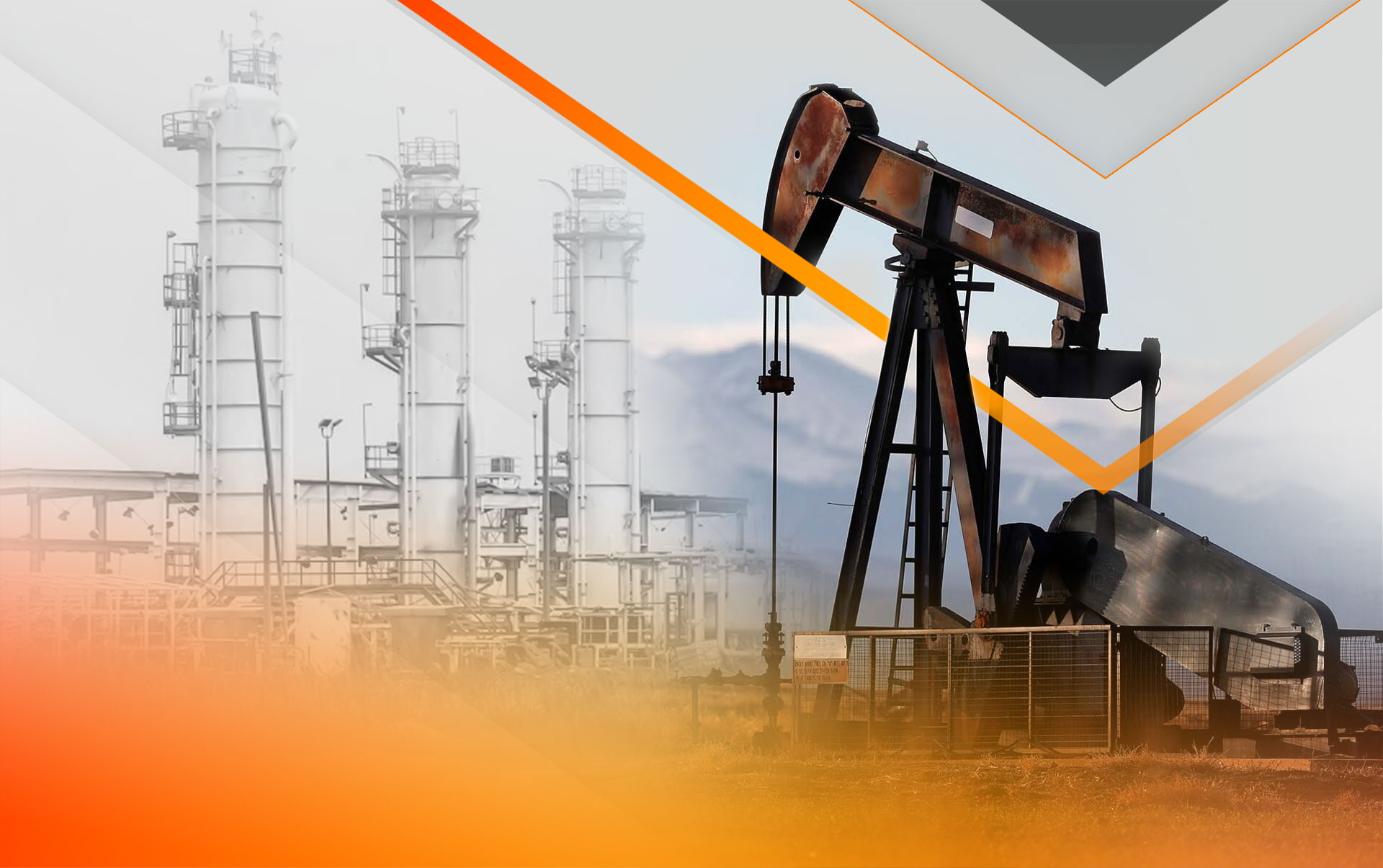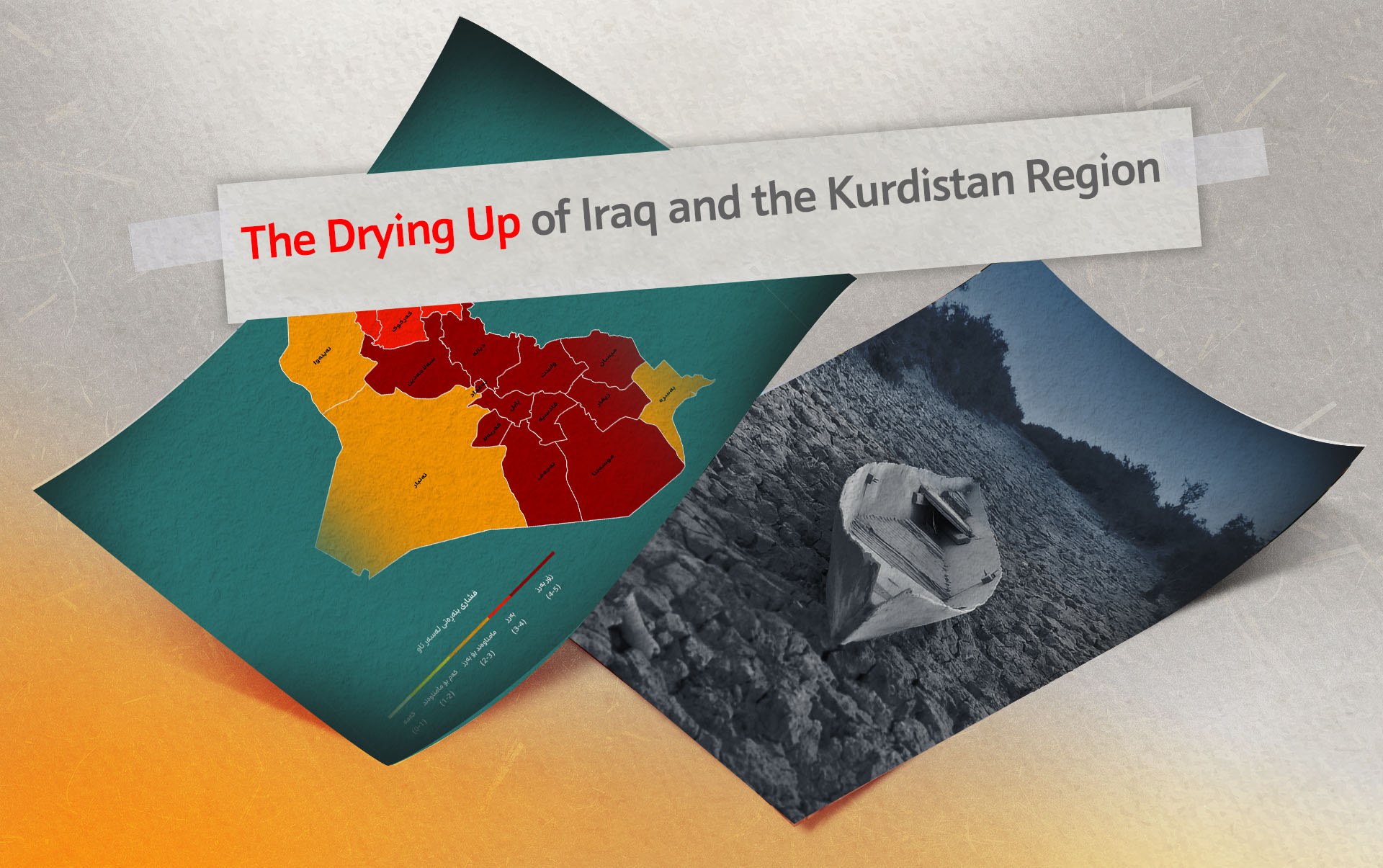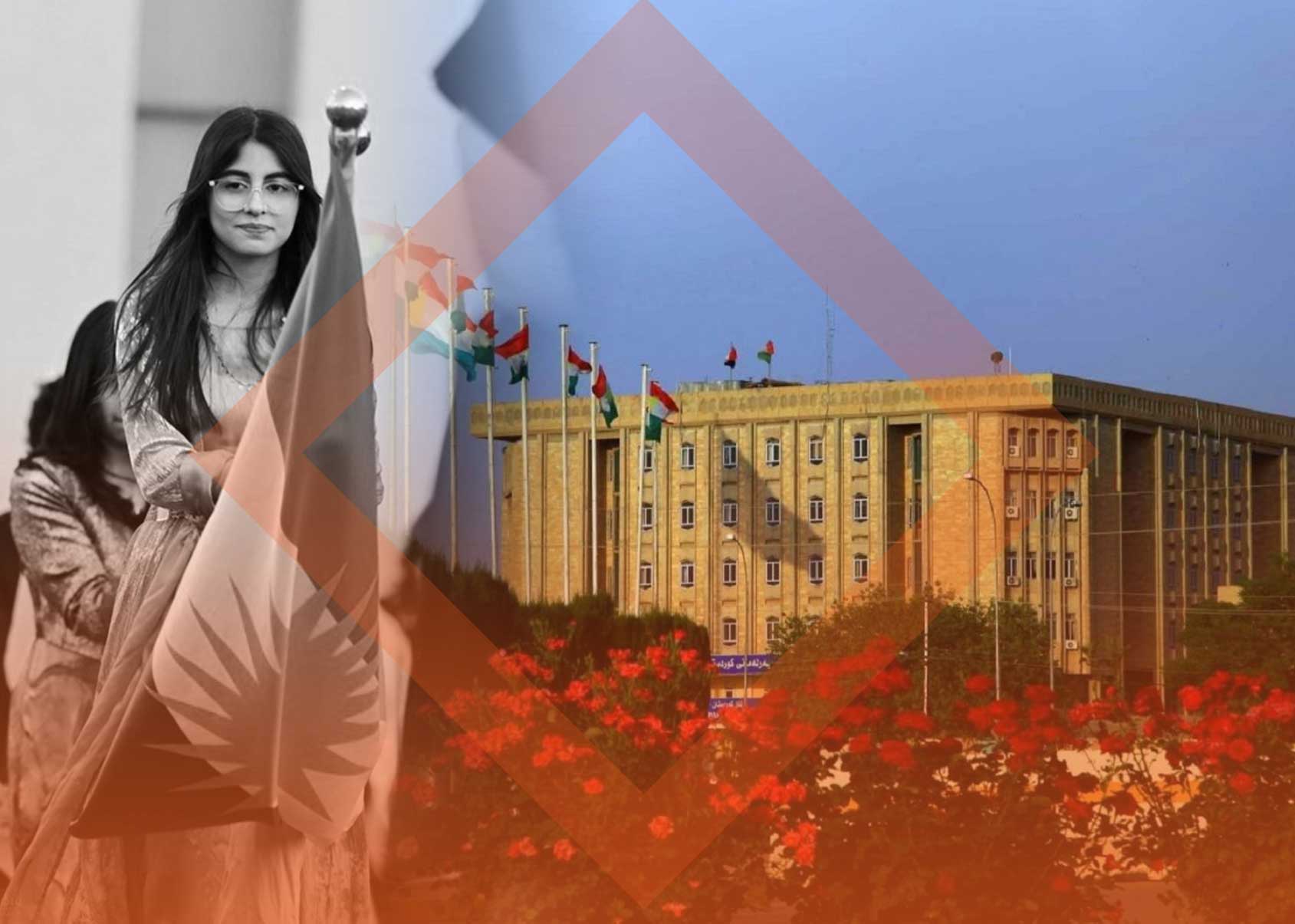Topics
It seems the Syrian civil war will come to an end, and likely by the end Syrian president Bashar al -Assad retake all the country’s territory. The current situation of Syria is like post war era where regional and major powers are picking up the war achievements.
After that United States announced to withdraw its troops from Syria, Turkey on 9th October launched an offensive on the northern Syria and controlled about 120km length and 32km deep in between Tell Abyad (Gre Spi) and Ras al-ain (Sari Kani) , and when US-Turkey agreement which took place after US president’s deputy visit to Turkey on 17th October and then during the summit meeting between Turkish president Recep Tayyip Erdogan and Vladimir Putin in Sochi, what was not expected happened and both Russia and Turkey made a deal over Syrian crisis.
Turkey-Russia 11 point’s agreement led Turkey to stop war in north Syria on condition according to the agreement that Syrian democratic forces (SDF) should withdraw up to 32km deep within border areas.
After 20 days since Turkish offensive was launched, now main countries that present within Syria and got forces on the Syrian territory each one claim that has control over the Syrian oil.
When America withdrew its 1000 troops from Syria, and then has announced that they have secured Syrian oilfields. Constant tweets of US President Donald Trump on protecting Syrian oilfields coincidence with US defense secretary mark esper ‘s statement which said that nearly will keep 400 troops with their military vehicles and tanks in Syria to protect oilfields.
Trumps stand on protecting oilfields made lots of reactions especially since he made these statements when the war was happening in Syria, civilians were killed and high number of Kurdish people in Rojava displaced. Some analysts considered Trump’s stand as exchange ‘’ blood to oil’’ and others heavily denounced his stand on Syria.
After that US expressed its position over Syrian oil, Russia has rejected if Americans can protect Syrian oil and have such as right to do so. Russian defense minister has described return US troops to the oilfields as stealing and looting Syria’s oil.
Syrian oil and gas sector
Prior civil war, Syria was one of the exporters of crude oil. This had supplied internal market through Syrian refineries and what was left was exported to Europe.
In the end of 2012 and after escalation of civil war, Syrian government has lost power over most of its oil and the oilfields fell to the hand of Syrian opposition groups and ISIS. Although oil products such diesel, gas and black oil were available until 2018 in Syria. And this was because Iran was providing Syria with oil supplies from 2013 until 2018 prior intensifying US sanctions on the Iranian oil. During that period Iran monthly exported 2 million barrels to Syria and could save Syria from fuel crisis.
In the end of 2018 due to the American hard sanctions Iran was no longer able to supply Syria with oil. Which most visible case was capturing the Adrian tanker of Iran by Gibraltar authority which carried more than 2 million barrels of oil. Although Iran eventually could empty its tanker at the Syrian Baniyas port but this means that is no longer the Iranians can easily export crude oil to Syria.
The Syrian oil and gas reserves
Compare with other oil countries Syria is the small oil country. But still this sector is important for Syrian revenue and stabilizes its currency. In 2010, oil and gas composed %35 of Syria’ exports and %20 of Syrian government’s revenue. According to the oil and gas magazine, until 2015 the size of Syrian oil reserves was 2.5 billion barrels which is mostly in east and northeast of Syria. Also Syria has about 241 billion cubic meters gas reserves which is in the middle of Syria. Most of the Syrian oil is heavy and contain sulfur which is hard to refine it and sold for cheaper price in the market.
Size of oil production
Prior Syrian civil war, Syria daily has produced 350k bpd. But in 2019 this production reduced to 24k bpd which is equal %20 to %25 of Syria’s internal supply needs of crude oil.
Due to wide pressures from US, Europe and UK on Syria in 2011 tens of Chinese, Indian, European and Russian companies left Syria, therefore during the civil war Syrian oil and gas sector damaged a lot.
Despite the Syrian oil and gas resources are small compare with rich countries in the region, but after they found vast amount of natural gas in the coats of Israel now expected to find similar amount in the coasts of Lebanon and Syria which brought attention of the international companies.
Syria’s oil exports
In 2010 Syria has exported 110k bpd via Banyias, Tartus and Latakia ports by the Syrian national and Exports Company to the European countries. Most of the Syrian oil was exported to Italy, Germany, France and Austria, and %5 was to Turkey.
Oil and gas pipelines
Syria geographical location always was an important country for others to export their oil and gas to the Mediterranean Sea, therefore Syria has become battlefield for regional and international actors.
In 2012, Iran, Iraq and Syria have signed MoU to export Iranian gas via Iraq and Syria to the Mediterranean Sea and global markets. This deal not only made the US unhappy but also Saudi Arabia, Qatar and Turkey considered this as crossing the red- line.
Turkey has stood against this because does not want to lose its role as large hub to export energy to Europe. Largest gas fields of Qatar are shared with the Iranian one under the Persian Gulf. And is not in the interest of Qatar to export Iranian gas via pipeline to Europe. Despite that Iran has good political relations in the energy and natural gas but is a rival to Qatar.
Turkey in the past 10 years tried to become most important corridor to export energy between east and west and does not want through this deal Syria become new corridor for exporting energy and become a rival of Turkey.
It’s obvious that exporting Iranian gas to the Europe market directly will damage the Saudi interest in the energy market.
And the reason these countries are extremely opposed this project because they think Europeans by the end after instability is over in Syria will welcome this project.
Despite the fight over gas pipelines out of Syria, regional and international actors inside Syria are trying to control Syrian oil and gas US, Russia Turkey and Iran are those actors somehow have touched the Syrian oil and gas
SDF position
The Syrian democratic forces (SDF) now are in charge of most of the Syrian oil and gas resources. Despite Turkish offensive to the north of Syria and capturing large parts, and even arrival of Syrian and Russian forces to the borders between Syria and Turkey, but still SDF controls %95 of the oil and gas, including (al-Omar) field which is largest oilfield of Syria. In the oilfields are under SDF prior civil war Syria has produced 378k bpd and 7.8 billion cubic meters gas in a year. And all the Syria’s oil reserves 2.5 billion barrels are under control of US and SDF.
And SDF also controls Conoco gas plant which largest one of Syria that was established and run by American Company ConocoPhillips until 2005. But then due to sanctions on Syria by former US president George W Bush the company left Syria.
SDF’s Control over Syria’s oil fields is important for the future of the Kurds in Syria, at least to convince Syrian government to give one of the forms of autonomies to the Kurds.
During the fuel crisis in Syria SDF had made a deal with the Syrian government and indirectly exported oil to the refineries.
US position
Despite withdrawal of most of the American troops from Syria, but US president openly said that won’t give up about Syrian oil and for this will send troops to protect the oilfields. Many are suspicious about this step of America. Now the US has deployed troops to near the oilfields as doesn’t want these fields’ falls to the hands of ISIS. In some of the tweets of Trump it seems US president is going to move the Kurds to around oil areas and has stated that will allocate some of the revenues to the US troop’s expenses and the rest for the Kurds.
Ilhamd Ahmed co-chairs of the executive council of the Syrian democratic council (MSD) in an interview with the Atlantic council said ‘’The U.S. is talking about protecting the oil fields, but that shouldn’t be happening on account of the Kurds leaving their historic homeland, and it’s not right, it’s not proper, to move the Kurds from their homeland to other areas. To change the population, the demographics, is ethnic cleansing’’.
US withdrawal from northern Syria and then resend some of the troops to near oilfields does not look has any strategy, tactic or logic. This is clear in one of the Trump’s tweet “We’ve secured the oil, and, therefore, a small number of U.S. troops will remain in the area where they have the oil. And we’re going to be protecting it, and we’ll be deciding what we’re going to do with it in the future.”
One of the slogans of Trump during presidential campaigns was that he was always saying we should control the Middle East oil. Trump is always criticizing that America went to a war and lost wealth and troops but in the end has achieved nothing. He believes after any war as an indication to the Iraq war America had to control its oil. Therefore protecting oilfields seen as delivering one of the promises Trump made to his voters.
On the contrary to the Russian companies, the American oil companies are private and independent. They are less under influence of their government’s policy. For example when in 2010 Exxon Mobil moved to Kurdistan and started exploration in 6 oil blocks, the State Department not only was not aware of it, but was against moving Exxon to Kurdistan region. Therefore is impossible Exxon or any other American company in such situation with the entire geopolitical risks move to Syria and work there. When former US secretary of State Rex Tillerson investigated in the Syrian oil and sent the results to US president which his result was that there is no practical way that an American company can work in Syria and make profit out of the Syrian oil.
America for the first time in its history in the past month started exporting crude oil so no longer like before is in need to the Syrian oil and other large oilfields of the Middle East and the Gulf. Oil is no longer an important geopolitical factor for America.
Russia-Syria deal on the oil and gas
In early 2019, Russia and Syrian government have signed huge deal in energy sector. According to the agreement Russia has full authority to develop and produce Syrian oil and gas. This deal includes all aspects of oil and gas of Syria such rebuild oil facilities, energy infrastructure and even give advice and training to the labor force of this sector in Syria. It expected that rebuild oil and gas sector of Syria won’t be that easy and will cost a lot. The international monetary fund in 2015 expected that this cost 27 billion dollars. Although some believes that rebuilding oil and gas sector of Syria require 35-40 billion dollars, this big amount needed to rebuild all oil and gas infrastructures including pipelines, oilfields and plants.
Russia now controls the gas fields near Palmyra, but so far did not reach oilfields are under control of SDF. Although after that SDF has agreed on the agreement between Erdogan and Putin on Syria, this can change the whole scenario. If there will be new situation where Syrian government return to the oilfields in the east of Euphrates , then Russia can implement its deal over developing oil and gas sector with the Syrian government in the future.
Kurdistan Region Position
After that in 2014 ISIS has attacked Iraq and captured large parts of Iraqi territories, most of the oil companies that were licensed by the KRG’s ministry of natural resources and were working in the disputed areas had withdrawn from the oil blocks. Until 2018 two oil American giants Chevron and Exxon gave up about their blocks in Kurdistan region and had chosen south of Iraq instead and sold their wealth in Kurdistan. But in the late 2017, Rosneft has become main player in the oil and gas sector of Kurdistan region. Rosneft which is one of the Russian government companies with Gazprom not only are continue in their operations, but also has expanded their investments in Kurdistan region.
Rosneft and Gazprom’s large investments in Kurdistan region mean that Russia is main player in the oil and gas sector. Especially that Rosneft has most of the KRG-Ceyhan pipeline stakes and is going to build Kurdistan region’s natural gas pipeline, as well as is working in five oil blocks in Kurdistan region which three of them are in Dohuk and close to border with Syria.
And Russia’s dominance over Syria’s oil and gas will secure large area rich with oil and gas for Russia from Iraq to Syria. This will open big corridor for Russia towards coasts of Mediterranean Sea which is rich with natural gas. This important corridor can be replacement to export its products from Iraq and Kurdistan region to the global markets. Also Qatar and Iran which both are rich in natural gas any of them will have plans to build pipeline for their gas fields to European market would go through Syrian land. Moscow’s dominance in the Syrian oil and gas will defeat its rivals plan with natural gas pipelines.
Russia’s presence across from Kurdistan region borders in Syria will make KRG as main part of Russia’s strategy to control that important corridor towards Mediterranean Sea. This can increase and strengthen Russian companies’ investments in Kurdistan region.
And remaining control of borders between Kurdistan region and Rojava as Mazlum Kobani commander of SDF said, if Russia agree on that this will open door for large cooperation between Kurdistan region and Rojava in energy sector in the future. Kurdistan region can be helpful in exporting and marketing Syrian oil in the short term.
Currently Turkey is the only gate for exporting KRG’s oil and gas to the global market. But after that Syria stabilized and rebuilding started. Due to Russia’s domination over Syria and Kurdistan region’s oil and gas, KRG can become larger partner of Russia and expand its energy relations with Russia that Syria becomes a replacement to export Kurdistan region’s oil and gas to the global markets.
Although Syria is not an important producer in oil and gas but certainly its geographical position is strategic and important that can become large hub to export oil and gas of the Middle Eastern countries to the European markets.
Finding large amount of natural gas in the countries on the coasts of Mediterranean Sea such Israel and Cyprus is telling that possibility in the coasts of Syria may contain large amount of natural gas. Even Turkey is about to start searching for oil and gas by its sea coasts and this have made the European Union to be concerned, because those locations that Turkey is searching in close to the coasts of Cyprus.
Finding gas in Israel and Cyprus where big oil and gas companies are operating, led to new corridor to provide gas to Europe. Israeli energy minister always has tried to convince the Europeans to build gas pipeline from Israel and Cyprus to Greece and then to other European countries.
In fact the Kurdistan region natural gas resources are larger than Cyprus and Greece. And connecting Kurdistan region gas resources with Israel and Cyprus gas resources as important for other corridors in providing gas to Europe, as well as for this new corridor which is Israel-Cyprus- Greece corridor, is important. Having more options in marketing gas will empower KRG’s position in negotiating with neighboring countries, when the KRG decided to export its gas to the global markets. And Russia due to having large stake in Kurdistan Region’s gas and will have in Syria, can contribute in making new corridors in exporting natural gas to Europe and from here protect its domination in the Europe’s gas market.
[i] Head of the economic desk at the Rudaw Media Network Newsroom has written this research analysis for Rudaw Research Center.






